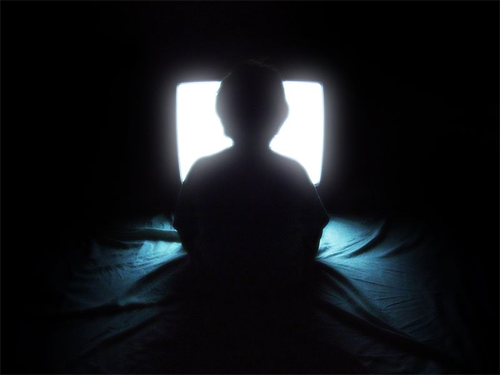A newly published study covering 11,000 children found no strong evidence that extended television watching or video game playing was linked to behavioural or psychological issues among children even as young as five.
The study was carried out by the Medical Research Council, based at the University of Glasgow in the United Kingdom. It used data gathered through the Millennium Cohort Study, which is a “panel” of 19,000 children born in 2000 and 2001 whose parents take part in surveys and interviews every few years. The idea is that the group has enough children from diverse backgrounds that researchers can cross-reference different topics from the studies and try to isolate effects and possibly even causes.
Although the study was originally completed in 2011 and then revised at the end of 2012, it’s only just been made public by the British Medical Journal.
For the screen time study, the researchers looked at changes in reported behavioral and psychological problems among children between the ages of five and seven. It then cross-referenced this data with reported television and video game activity when the children were five.
The only association the researchers could find with statistical confidence was that children who watched an average of three or more hours of television a day at age five were slightly more likely to have a reported conduct problem aged seven than those who watched less.
The study didn’t find any significant association between screen time and emotional problems, hyperactivity and inattention, or problems with peer relationships. (Nor was screen time related to prosocial behavior, meaning helping others.)
The study also found no significant association between time spent playing video games (as opposed to watching TV) and any of the problems, including conduct. In no case was there a significant difference between the genders.
One possible limitation was that the study only measured screen time and didn’t take into account the type of television shows children watched or the type of games they played. The authors say this could be the focus of further study.
It’s also worth noting that although the authors don’t see any evidence that reducing screen time will help avoid psychosocial problems, previous studies have suggested doing so may help avoid problems with physical and academic achievement.
Read more at http://www.geeksaresexy.net/




